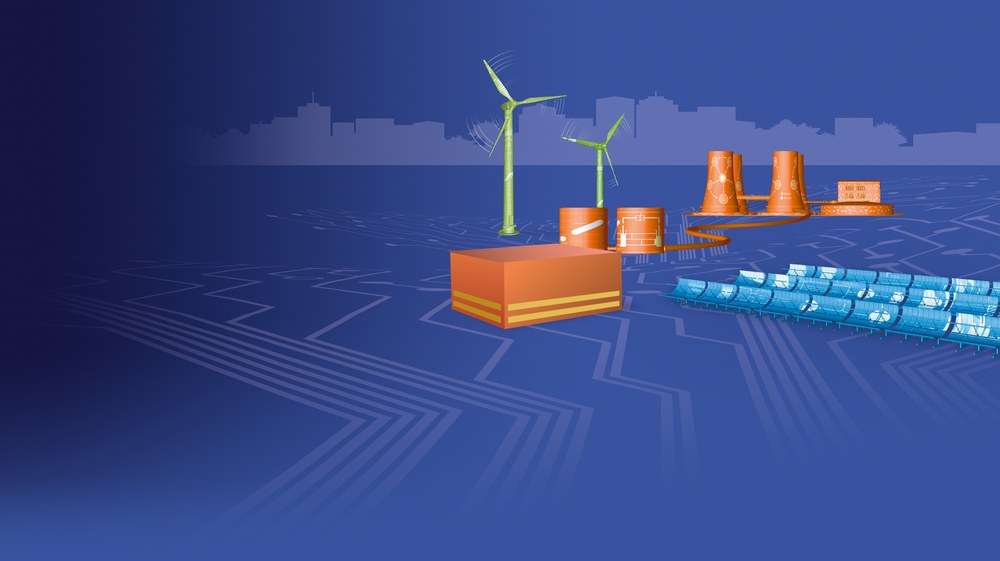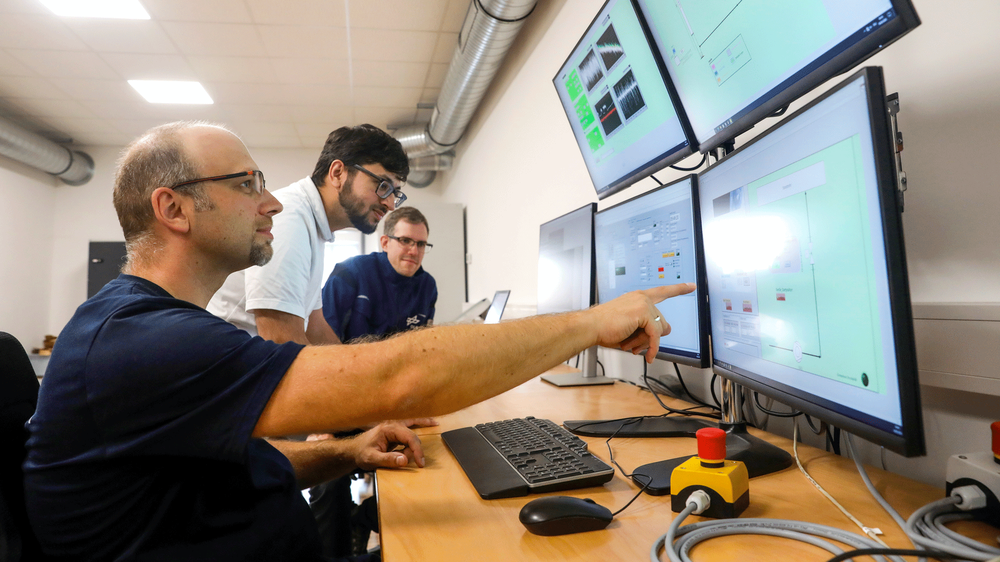Decarbonised industrial processes



Industrial processes contribute significantly to greenhouse gas emissions. Since industry often uses fossil, carbon-based energy sources as raw materials and often requires high process temperatures, replacing them with renewable energy sources and carriers is difficult. It is not only the raw materials that need to be replaced. In most cases, it is necessary to convert the entire processes and the energy supply required for them. DLR is conducting research into ways in which a redesign of industrial processes can contribute to the successful decarbonisation of this energy-intensive sector. The focus is on the intelligent provision of high-temperature heat and the replacement of carbon-based raw materials.
DLR's work on this topic takes place primarily at the Institute of Low-Carbon Industrial Processes. There is close cooperation with the DLR institutes of Solar Research, Engineering Thermodynamics, Future Fuels, Propulsion Technology, Combustion Technology and Networked Energy Systems.
High-temperature heat pumps
In many industrial sectors, there is a considerable demand for process heat in the temperature range between 150 and 500 degrees Celsius. Providing this heat is a major challenge. In addition to electrification, a resource-saving and efficient integration of existing heat sources, for example from waste heat, is a key step towards achieving a sustainable energy supply for industry. DLR is therefore researching and developing high-temperature heat pumps for industrial heat supply. These provide both suitable process heat and process cooling on a demonstration scale. Practical test runs serve as the basis for parallel simulation models that depict future developments in complex system integrations, for example through the reutilisation of disused coal-fired power plants. The term here is 'Third Life for Coal Fired Power Plants'.
Converting carbon-based processes
The metal and raw material industries are considered to be significant contributors to carbon dioxide emissions. Industrial processes produce emissions from raw materials, for example through the use of carbon in the steel industry or through the decarbonisation of limestone in the cement industry. With its complex process chains and raw material requirements, the chemical industry also poses a challenge. DLR is investigating ways to prevent greenhouse gas emissions and realise cost-effective and energy-efficient production on the basis of alternative reduction agents. One approach is the use of green hydrogen for the direct reduction of iron. To this end, alternative processes are being investigated in detail and further developed using simulation techniques and digital twins.
